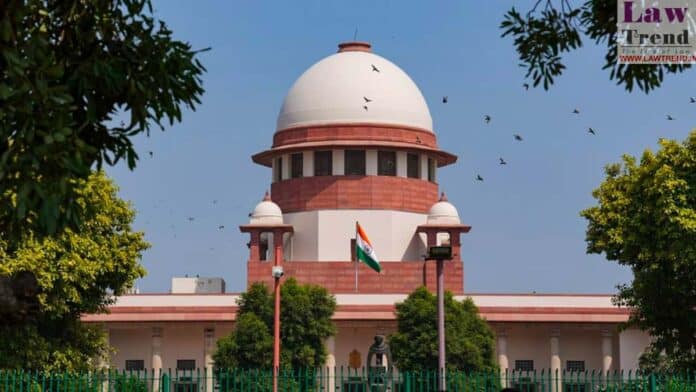Although the State is tasked to prevent crime and maintain security, personal liberty should not be the collateral and none should suffer incarceration without legal authority, the Supreme Court has said.
The Supreme Court observation came while it was examining the legal question whether the date of remand is to be included or excluded for considering a claim for default bail when computing the 60/90 day period as contemplated in proviso (a) of Section 167 (2) of the CrPC.
According to section 167 of the CrPC, an accused will be entitled to default bail if the investigating agency fails to file a charge sheet within 60 days from the date of remand. For certain category of offences, the stipulated period can be extended till 90 days.

A three-judge bench headed by Justice K M Joseph held that the stipulated 60/90-day remand period under Section 167 CrPC ought to be computed from the date when a magistrate authorises remand.
“This court is conscious that none should suffer incarceration without legal authority. Although, the State is tasked to prevent crime and maintain security, personal liberty should not be the collateral,” the bench also having Justices Hrishikesh Roy and B V Nagarathna said.
The top court said if the State fails to file charge sheet or supplementary request for remand within the stipulated 60/90-day period, it needs to strike a balance between the rights of the individual and the restriction on those rights and prevent prolonged incarceration without legal support.
“The very instance the statutory remand period ends, an indefeasible right to default bail accrues to the accused and same needs to be guarded. The liberty of the individual is surely relative and regulated. Absolute liberty is something that cannot be conceived in a societal setting.
“The law therefore allows authorities to detain accused persons and facilitate investigation. However, it is the duty of this court to discourage prolonged incarceration. Further, the right to default bail is not extinguished by the subsequent filing of the charge sheet, and the accused continues to have the right to default bail,” the bench said.
The legal question has arisen while hearing a plea filed by the Enforcement Directorate against the order of the Bombay High Court granting default bail to former DHFL promoters Kapil Wadhawan and Dheeraj Wadhawan in a Yes Bank money laundering case being probed by the agency.







